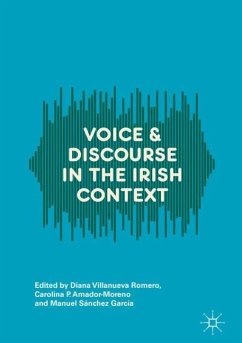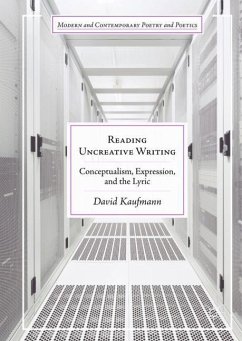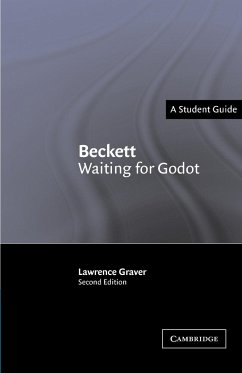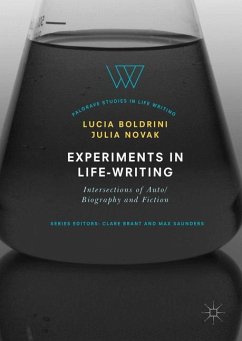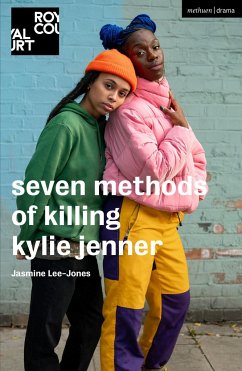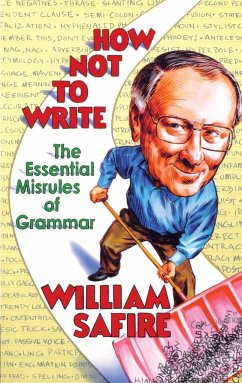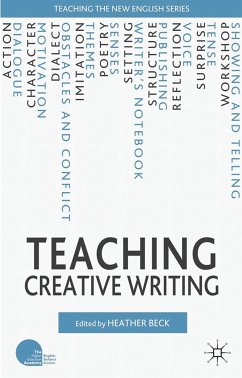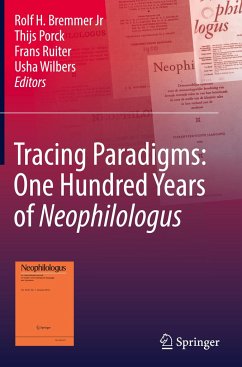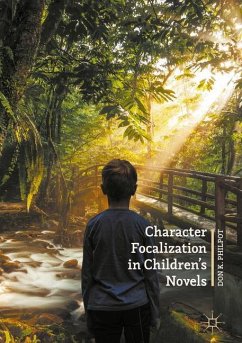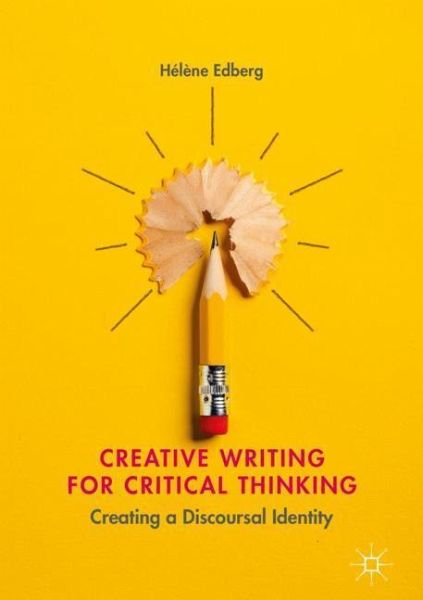
Creative Writing for Critical Thinking
Creating a Discoursal Identity
Versandkostenfrei!
Versandfertig in 6-10 Tagen
91,99 €
inkl. MwSt.
Weitere Ausgaben:

PAYBACK Punkte
46 °P sammeln!
This book explores narrative imagination and emotion as resources for learning critical meta-reflection. The author examines the learning trajectories of several students as they engage in learning to think critically through a new approach to creative writing, and details how learning through writing is linked to new discoursal identities which are trialled in the writing process. In doing so, she analyses the processes of expansion and change that result from the negotiations involved in learning through writing. This volume offers a completely new approach to creative writing, including use...
This book explores narrative imagination and emotion as resources for learning critical meta-reflection. The author examines the learning trajectories of several students as they engage in learning to think critically through a new approach to creative writing, and details how learning through writing is linked to new discoursal identities which are trialled in the writing process. In doing so, she analyses the processes of expansion and change that result from the negotiations involved in learning through writing. This volume offers a completely new approach to creative writing, including useful practical advice as well as a solid theoretical base. It is sure to appeal to students of creative writing and discourse analysis as well as applied linguistics and language as identity.





